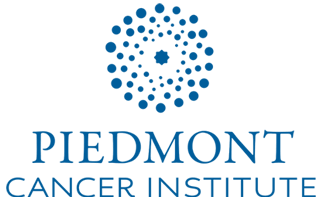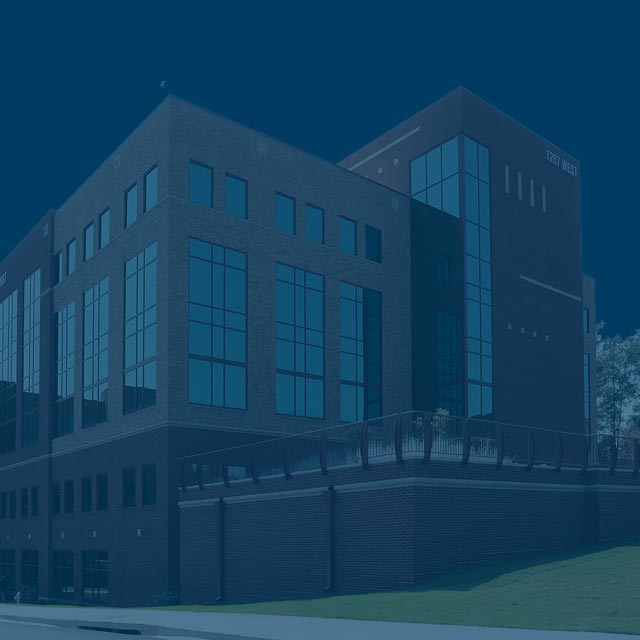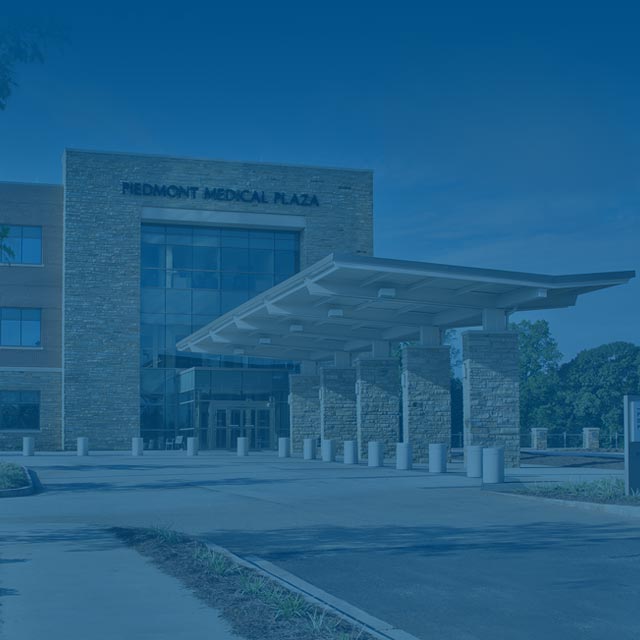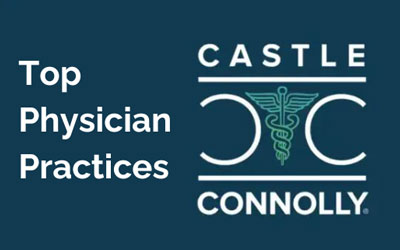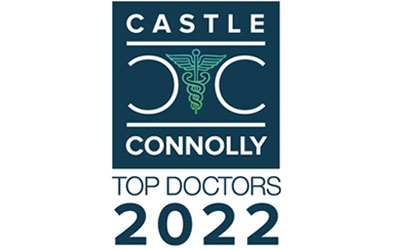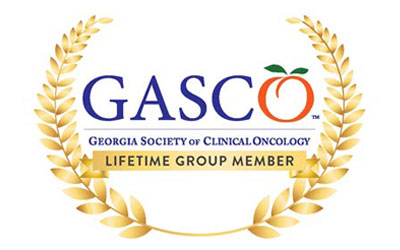Sarcoma
General Information About Adult Soft Tissue Sarcoma
Key Points for This Section
- Adult soft tissue sarcoma is a disease in which malignant (cancer) cells form in the soft tissues of the body.
- Having certain inherited disorders can increase the risk of adult soft tissue sarcoma.
- A sign of adult soft tissue sarcoma is a lump or swelling in soft tissue of the body.
- Adult soft tissue sarcoma is diagnosed with a biopsy.
- Certain factors affect treatment options and prognosis (chance of recovery).
Adult soft tissue sarcoma is a disease in which malignant (cancer) cells form in the soft tissues of the body.
The soft tissues of the body include the muscles, tendons (bands of fiber that connect muscles to bones), fat, blood vessels, lymph vessels, nerves, and tissues around joints. Adult soft tissue sarcomas can form almost anywhere in the body, but are most common in the head, neck, arms, legs, trunk, and abdomen.
There are many types of soft tissue sarcoma. The cells of each type of sarcoma look different under a microscope, based on the type of soft tissue in which the cancer began.
See the following PDQ summaries for more information on soft tissue sarcomas:
- Childhood Soft Tissue Sarcoma Treatment
- Ewing Sarcoma Family of Tumors Treatment
- Gastrointestinal Stromal Tumors Treatment
- Kaposi Sarcoma Treatment
- Uterine Sarcoma Treatment
Having certain inherited disorders can increase the risk of adult soft tissue sarcoma.
Anything that increases your risk of getting a disease is called a risk factor. Having a risk factor does not mean that you will get cancer; not having risk factors doesn't mean that you will not get cancer. Talk with your doctor if you think you may be at risk. Risk factors for soft tissue sarcoma include the following inherited disorders:
- Retinoblastoma.
- Neurofibromatosis type 1 (NF1; von Recklinghausen disease).
- Tuberous sclerosis (Bourneville disease).
- Familial adenomatous polyposis (FAP; Gardner syndrome).
- Li-Fraumeni syndrome.
- Werner syndrome (adult progeria).
- Nevoid basal cell carcinoma syndrome (Gorlin syndrome).
Other risk factors for soft tissue sarcoma include the following:
- Past treatment with radiation therapy for certain cancers.
- Being exposed to certain chemicals, such as Thorotrast (thorium dioxide), vinyl chloride, or arsenic.
- Having swelling (lymphedema) in the arms or legs for a long time.
A sign of adult soft tissue sarcoma is a lump or swelling in soft tissue of the body.
A sarcoma may appear as a painless lump under the skin, often on an arm or a leg. Sarcomas that begin in the abdomen may not cause signs or symptoms until they get very big. As the sarcoma grows bigger and presses on nearby organs, nerves, muscles, or blood vessels, signs and symptoms may include:
- Pain.
- Trouble breathing.
Other conditions may cause the same signs and symptoms. Check with your doctor if you have any of these problems.
Adult soft tissue sarcoma is diagnosed with a biopsy.
If your doctor thinks you may have a soft tissue sarcoma, a biopsy will be done. The type of biopsy will be based on the size of the tumor and where it is in the body. There are three types of biopsy that may be used:
- Incisional biopsy : The removal of part of a lump or a sample of tissue.
- Core biopsy : The removal of tissue using a wide needle.
- Excisional biopsy : The removal of an entire lump or area of tissue that doesn’t look normal.
Samples will be taken from the primary tumor, lymph nodes, and other suspicious areas. A pathologist views the tissue under a microscope to look for cancer cells and to find out the grade of the tumor. The grade of a tumor depends on how abnormal the cancer cells look under a microscope and how quickly the cells are dividing. High-grade tumors usually grow and spread more quickly than low-grade tumors.
Because soft tissue sarcoma can be hard to diagnose, patients should ask to have tissue samples checked by a pathologist who has experience in diagnosing soft tissue sarcoma.
The following tests may be done on the tissue that was removed:
- Immunohistochemistry : A test that uses antibodies to check for certain antigens in a sample of tissue. The antibody is usually linked to a radioactive substance or a dye that causes the tissue to light up under a microscope. This type of test may be used to tell the difference between different types of cancer.
- Light and electron microscopy : A laboratory test in which cells in a sample of tissue are viewed under regular and high-powered microscopes to look for certain changes in the cells.
- Cytogenetic analysis : A laboratory test in which cells in a sample of tissue are viewed under a microscope to look for certain changes in the chromosomes.
- FISH (fluorescence in situ hybridization): A laboratory test used to look at genes or chromosomes in cells and tissues. Pieces of DNA that contain a fluorescent dye are made in the laboratory and added to cells or tissues on a glass slide. When these pieces of DNA attach to certain genes or areas of chromosomes on the slide, they light up when viewed under a microscope with a special light.
- Flow cytometry : A laboratory test that measures the number of cells in a sample, the percentage of live cells in a sample, and certain characteristics of cells, such as size, shape, and the presence of tumor markers on the cell surface. The cells are stained with a light-sensitive dye, placed in a fluid, and passed in a stream before a laser or other type of light. The measurements are based on how the light-sensitive dye reacts to the light.
Certain factors affect treatment options and prognosis (chance of recovery).
The treatment options and prognosis (chance of recovery) depend on the following:
- The type of soft tissue sarcoma.
- The size, grade, and stage of the tumor.
- How fast the cancer cells are growing and dividing.
- Where the tumor is in the body.
- Whether all of the tumor is removed by surgery.
- The patient's age and general health.
- Whether the cancer has recurred (come back).
For more information about Sarcoma, please visit the National Cancer Institute.

